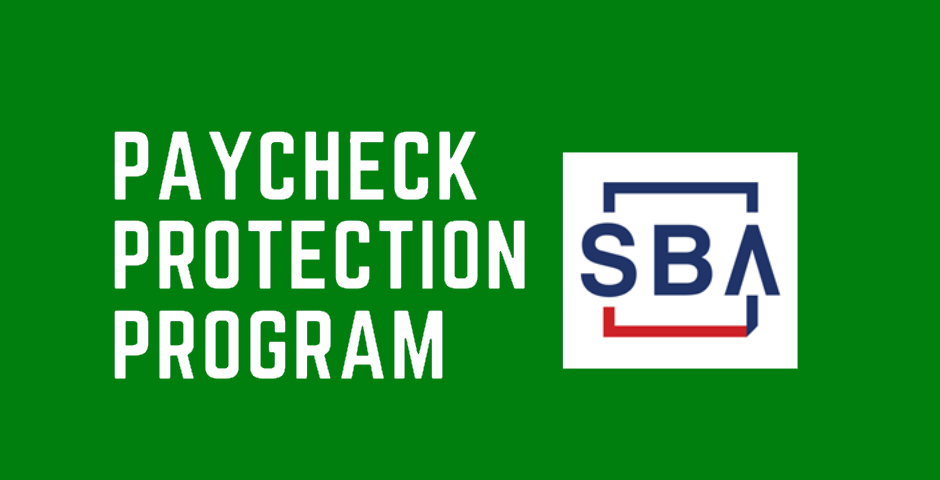Benefits
New SBA Guidance on Ownership Changes of PPP Borrowers
Oct. 09, 2020

The Small Business Administration (SBA) has issued new guidance relating to a change of ownership of a business entity that has received a tax-favored loan under the Paycheck Protection Program (PPP). Although the SBA procedural notice clarifies the rules, it doesn’t provide all the answers.
Background: Under the Coronavirus Aid, Relief, and Economic Security (CARES) Act and subsequent legislative modifications, PPP loans approved by the SBA are forgiven if proceeds are used over an 24-week period to cover payroll costs or other qualified expenses like employee benefits, mortgage interest and rent and utilities. At least 60% of the money must go toward payroll costs.
Normally, loan forgiveness results in taxable income. The CARES Act carves out an exception for PPP loans. However, the process for obtaining forgiveness and other aspects relating to PPP loans has been shrouded in uncertainty. This includes instance when a business changes ownership during these turbulent times.
According to the new SBA guidance, there is a change of ownership for these purposes when at least one of the following occurs:
- At least 20% of the common stock or other ownership interest of a PPP borrower (including a publicly traded entity) is sold or otherwise transferred, whether in one or more transactions, including to an affiliate or an existing owner of the entity;
- The PPP borrower sells or otherwise transfers at least 50% of its assets (measured by fair market value), whether in one or more transactions; or
- The PPP borrower is merged with or into another entity.
Note that a change of ownership does not absolve a borrower of its responsibilities as to PPP loans. It continues to be responsible for performance of all obligations under the PPP loan; certifications made under the PPP loan application, including the certification of economic necessity; and continued compliance with all other PPP loan requirements. The PPP borrower also remains responsible for obtaining, preparing and retaining the necessary forms and documentation and providing those forms and documents to the PPP lender, servicer or SBA upon request.
Under the procedural notice, a PPP borrower must notify its lender before it completes a change of ownership and provide documentation of the transaction. In addition, SBA approval may be required. The SBA has 60 days to review the submission and make a determination.
Furthermore, the SBA has established different procedures to be followed, depending on whether or the PPP loan has been satisfied. If a loan hasn’t been satisfied, the borrower must establish an escrow account, controlled by the lender that includes the amount of the outstanding PPP loan balance. The escrow funds must be used first to repay any remaining PPP loan balance after forgiveness has been approved.
The new notice also addresses situations where the new business owner has a PPP loan of its own. It provides details for segregating PPP funds and expenses along with specifying the documentation required.
Although the new Notice clarifies when SBA consent is required from the PPP lender for changes in ownership of PPP borrowers, it doesn’t not address the consequences to the PPP borrower or lender if the lender fails to obtain the SBA’s consent. Certain other issues remain open-ended. Stay tuned for more developments.
